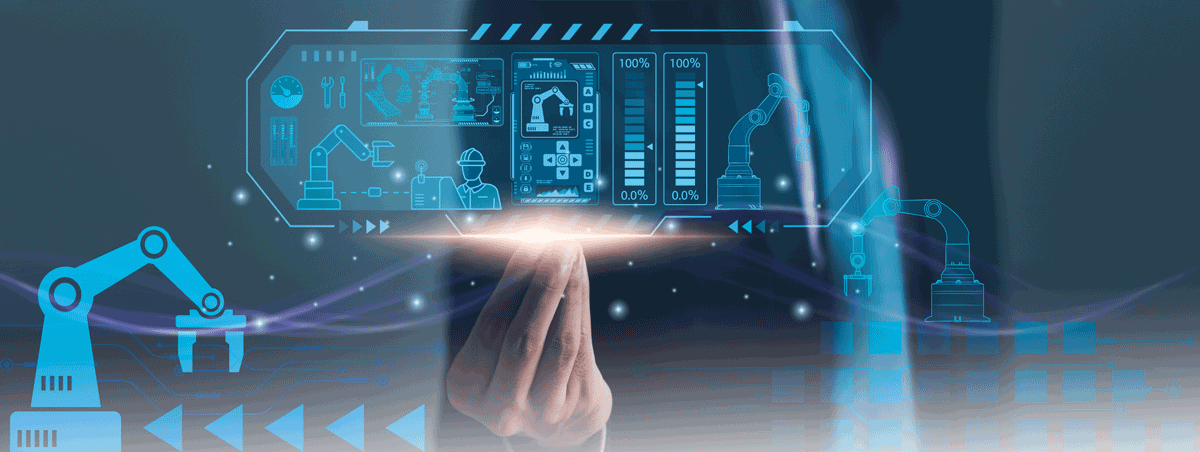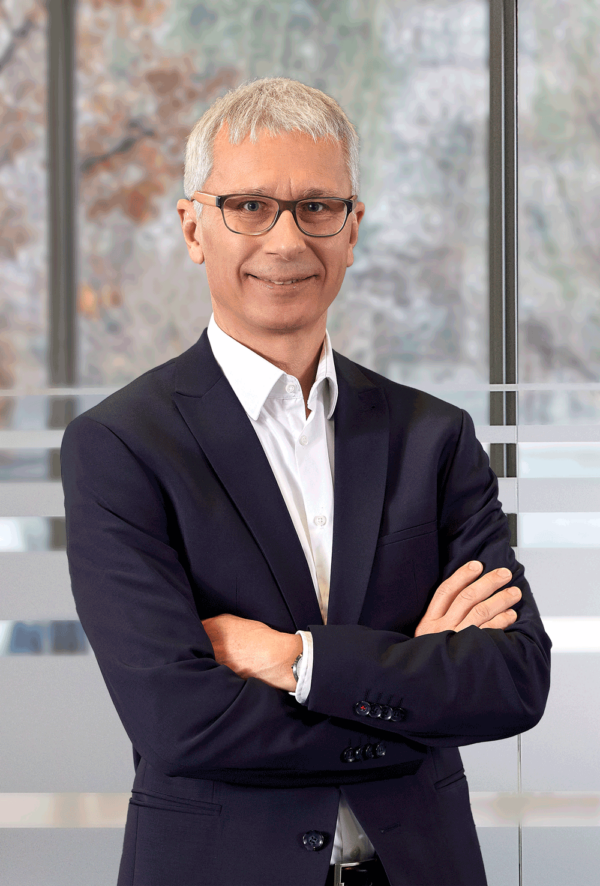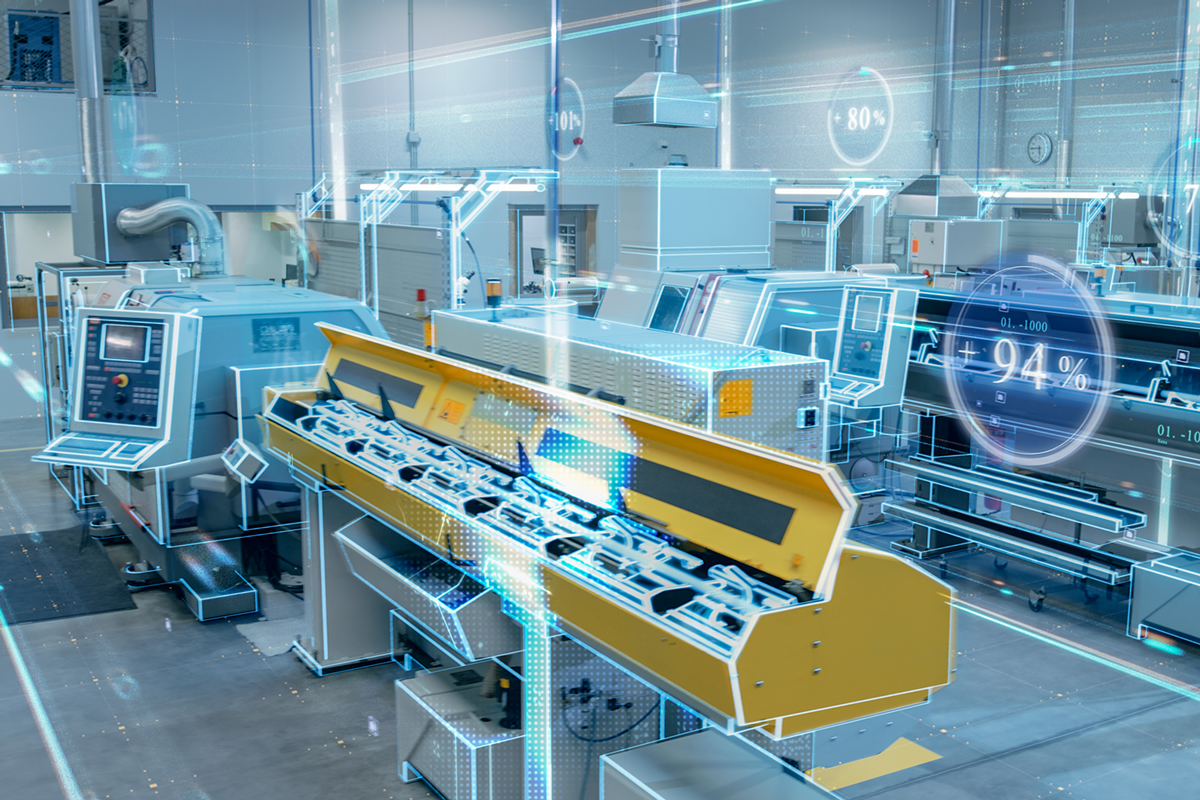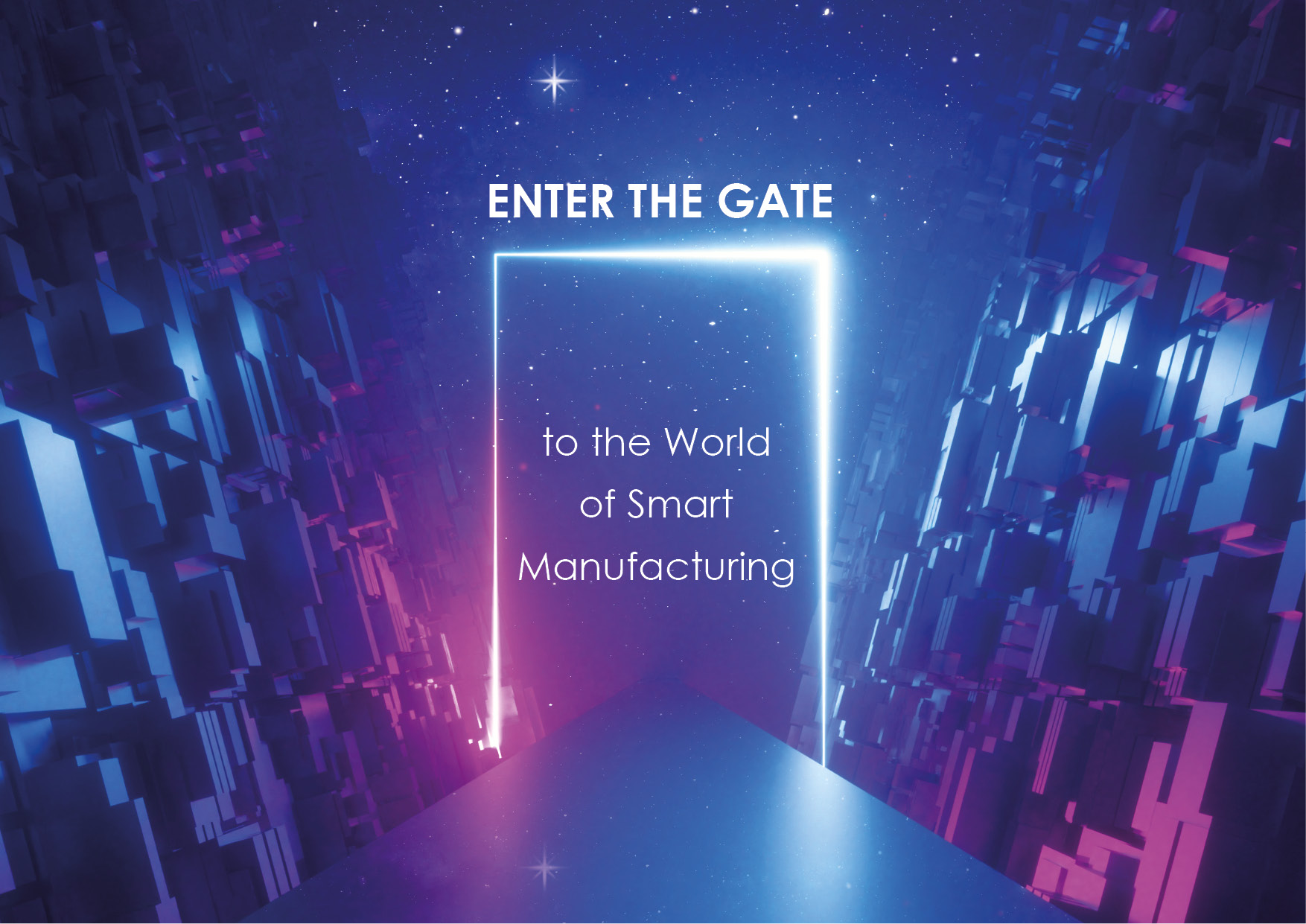MES & platform: solutions for current production challenges

A word with Bernhard Falkner
From the complexity of digitalisation efforts to individualisation and the use of artificial intelligence on the path to sustainable production:
Digital Manufacturing Magazine invited us to talk about current trends in classic MES solutions and manufacturing platforms. Industrie Informatik CTO Bernhard Falkner provides insights into key topics.
What are the biggest challenges currently facing production companies?
Digitalisation efforts and rapid technological developments are bringing with them unprecedented complexity, which, in combination with the shortage of IT specialists, is becoming a major challenge.
Far too often, industrial companies fail in their efforts because they pursue unrealistic expectations and go over the entire value chain with the “digitalisation watering can”.
How can an MES or a manufacturing platform contribute to solving these challenges?
In addition to the right products, the right approach to a digitalisation project is particularly important, as requirements, implementation strategy and speed of project realisation vary from company to company.

Defining clear goals and considering how many resources you can and want to use as a company is important groundwork before embarking on a digitalisation project. Our recommendation is very clear: if necessary, start small and proceed step by step. This way you can achieve success faster.
With customised software solutions, we enable our customers to master the current dynamics and individually design their own smart factory – all based on standard technologies and 100% release security.
We meet customer requirements for individuality for well-known customers such as Andritz, Liebherr, voestalpine, etc. with expertise and a modular, highly flexible product approach centred around the core element cronetwork MES with machine and plant data collection, traceability and detailed scheduling APS. This is complemented by state-of-the-art communication technologies that enable the customised integration of an entire system landscape. In combination with the cronetworld manufacturing platform, all relevant factors such as employees, shop floor and innovative technologies can be combined and moulded into a digital image of production.
What trends are currently shaping the development of MES systems?
The use of AI and predictive functions will play a decisive role in the future and open up many more practical possibilities from management to the worker in order to maximise the benefits from the enormous amounts of data in modern MES systems.
As a standard software provider, we are also required, as in the past, to deliver customised interfaces and strike a balance between standard functionality and individualisation. Customer requirements in terms of customisation options continue to rise steadily, as do the needs for use on different end devices (mobile, app, responsive, etc.). In conjunction with the VisionX low-code solution, even very specialised requirements can be implemented quickly and with release reliability in cronetwork, significantly shortening the time2solution and ensuring competitiveness. Low-code development optimally complements flexible standard software such as cronetwork by enabling customers to design customised developments outside of the ME core functions and keep the level of integration high.
What contribution does an MES make to sustainable production?
Resource efficiency has become an issue of social responsibility in our society and is also taking on a new significance in the manufacturing industry. A powerful Manufacturing Execution System (MES) such as cronetwork in conjunction with energy management functions is an indispensable enabler here. It enables process optimisation and efficiency increases that not only reduce costs but also improve resource utilisation.
One practical example is the ability to identify energy guzzlers through target/actual comparisons of KPIs such as planning and energy effectiveness and energy consumption per unit produced. In cronetwork detailed scheduling & APS, the energy pool can also be visualised and compared with a maximum target for energy consumption.
Digital technologies and artificial intelligence are building blocks on the path to more sustainable production. They create transparency in processes and identify potential for optimisation, such as predictive analytics functions for reducing waste and forecasting faults – with or without taking maintenance aspects into account. The central element here is data: Collecting and analysing this data creates clarity about resource consumption and process sequences, which in turn forms the basis for measures to increase sustainability and competitiveness.
The interview has been published in abridged form together with answers from other experts to these questions in the German Digital Manufacturing Magazine 07/23 or online at:


